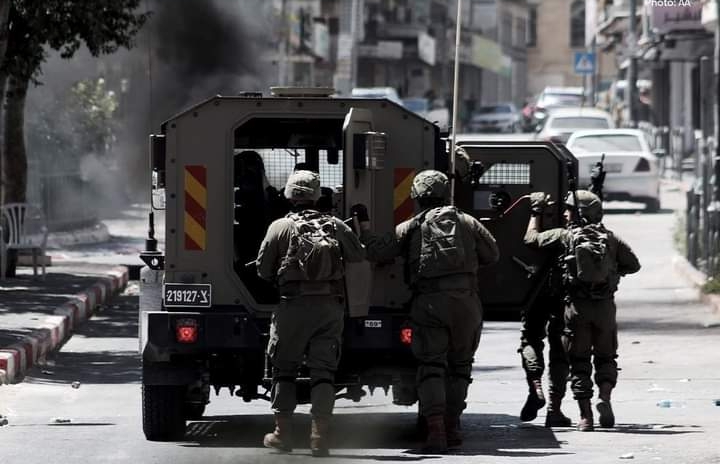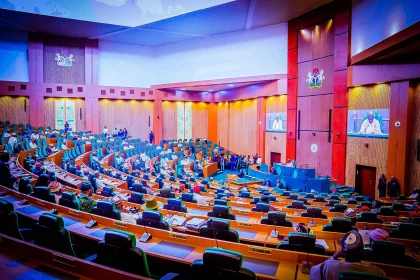By Adeyemi Adekunle
Over 10,000 Israeli soldiers have been killed or injured since Israel’s military campaign in Gaza began on October 7, according to a recent report by the prominent Israeli newspaper Yedioth Ahronoth. The protracted conflict has placed immense strain on the Israeli Defense Forces (IDF), leading to widespread concern and criticism among military families and political observers.
Yedioth Ahronoth’s report highlights the severe toll the conflict has taken on Israeli forces, revealing that approximately 1,000 soldiers are transferred monthly to the Defence Ministry’s rehabilitation department. This unprecedented casualty rate has left the IDF grappling with a significant shortage of personnel, exacerbating the challenges faced by troops still in the field.
“The army is suffering from a shortage of at least 10,000 soldiers killed or wounded during the long months of fighting in Gaza,” the newspaper stated, emphasizing the gravity of the situation. This disclosure has sparked a wave of criticism aimed at the Knesset, Israel’s parliament, for taking a summer break without addressing crucial legislation to extend mandatory military service. The absence of this legislation has only added to the strain on the already overstretched military.
The conflict, now in its tenth consecutive month, has seen Israeli soldiers fighting inside enemy territory under some of the most challenging conditions imaginable. A mother of an Israeli soldier in the Nahal Brigade, speaking to Yedioth Ahronoth, expressed her anguish over the prolonged deployment.
“There has been no such a situation in the history of Israel’s war where soldiers fight inside enemy territory, under unfavourable conditions, for 10 consecutive months,” she lamented, highlighting the extraordinary pressure on both soldiers and their families.
Adding to the complexity of the situation, the newspaper also reported an unexpected extension of service for female soldiers stationed in the Israel-occupied Syrian Golan Heights. These soldiers have been informed of an additional four-month extension to their service, a move that has sparked further debate and concern within Israeli society.
The prolonged conflict has not only strained Israel’s military resources but has also raised significant questions about the long-term strategy and objectives of the Gaza campaign. The high casualty rate and extended deployments are fueling a growing sense of urgency for a reevaluation of Israel’s military approach and the broader implications for regional stability.
The Knesset’s failure to address the issue before taking its summer recess has been met with sharp criticism from various quarters.
Military analysts and political commentators argue that the lack of legislative action reflects a broader disconnect between the political leadership and the realities faced by soldiers on the ground.
As Israel grapples with these unprecedented challenges, the impact on its military and society is becoming increasingly evident.
The strain on soldiers, coupled with the political inertia, underscores the urgent need for a comprehensive reassessment of Israel’s military policies and strategies in the ongoing conflict with Gaza.
The unfolding situation continues to dominate headlines and stir intense debate, with many calling for immediate action to support the troops and address the critical shortages affecting the IDF.




